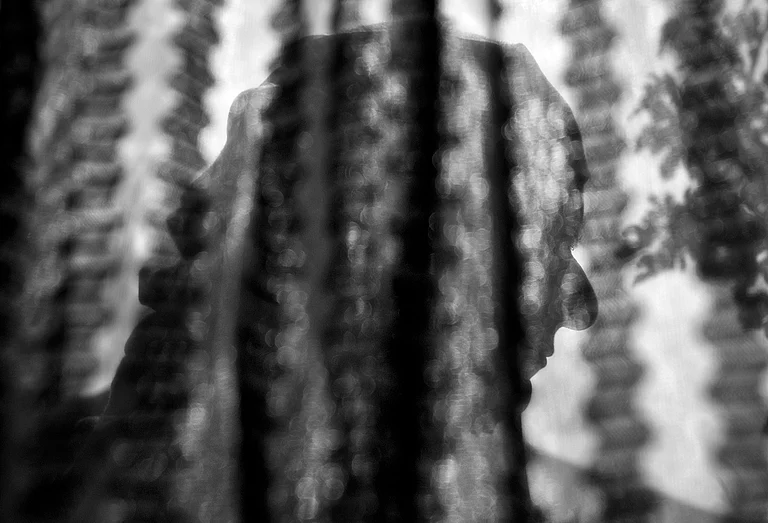A video clip posted on a Facebook page shows a young man with Rastafarian dreadlocks playing a percussion instrument – on a balcony, amid a row of trees and what appeared to be a hilltop against a misty backdrop. The man is Nilotpul Das, a 29-year-old sound engineer for whom music was life. A life that was cut short by a mob along with his friend Abhijit Nath, just 30, in Assam’s Karbi Anglong district on Sunday.
What happened on that fateful evening is by now well-known. Two young men out on a road trip to a visit a waterfall were mistaken for “child-lifters” – over the past few weeks social media and text messages about groups of miscreants were circulating in the district – and beaten to death by a mob allegedly comprising of people of the Karbi and Bodo tribes.
It is not the Assam I know.
But these are also not the Bodos and Karbis I know. And they some of the nicest people you will ever meet – simple, gregarious and lovable. And also proud of their ethinic identities. They can also be given to extreme emotions. But none of these qualities can justify such murderous rage, more so given the fact that a video clip of the attack shows how the two men kept on pleading, “we are Assamese…”
Assam has seen such incidents in the past too. Nellie too happened in Assam, on a chilly February morning in 1983 when more than 2000 Muslim settlers were butchered by a large group of villagers, whose identities were never confirmed though many say they were indigenous Assamese farmers of nearby villages. The Nellie massacre has remained one of Assam’s darkest chapters but a majority of Assamese never outraged over the deaths; many even justified the killings saying they were illegal Bangladeshi migrants, against whom the state had launched a six-year-long agitation.
READ ALSO: Assam Lynching: 19 Arrested, Search On For Remaining Accused
There were other sporadic incidents. Last year, two suspected cattle-lifters were lynched by a group of cow-protection vigilante group in central Assam Nagaon district. It was a first in the state, which takes pride in its secular ideals. Then too not many outraged. The dead were Muslims and were mostly portrayed as “illegal Bangladeshis”.
The Karbi Anglong incident, however, has triggered a violent response from many in Assam and a large section has called for “revenge” against Karbis and Bodos and not legal action against the accused. An entire community has been heaped with the burden of guilt for the mindless action of a few.
And this is not the Assam I know.
But many things have changed over the years. Religious fanaticism has crept into the society, built on the ideals of tolerance and secularism priest by Vaishnavite saint-reformer Sankardev and Sufi saint Azaan Peer. Divisions along tribal and non-tribal lines have also manifested in violence. The attackers in the Karbi Anglong incident allegedly used racist slurs to abuse the two men before they were lynched. The Bodos have been demanding a separate state for some time now, citing Assamese chauvinism.
Following the Karbi Anglong incident, a section of Assamese have reacted with equal anger, with calls ranging from social/economic boycott to blood for blood. A group of youngsters even went ‘live’ on Facebook as they drove through the town of Nagaon looking for Karbi and Bodo people. But there are sane voices too, those trying to point out that one incident by a few does not make all the Karbis or Bodos murderers.
Social media in Assam is also flooded with rumours about “atrocities” by Karbis and Bodos on the Assamese. And many are even willing to believe these. This is akin to turning into the same murderous mob which killed Nilotpal and Abhijit over similar rumours. This would be an antithesis to what the young musician believed in: about the power of music and love to heal the scars of the world.
In the 1960s, balladeer Bhupen Hazarika had penned a popular song “Diphu hol tumare naam..”, a glowing tribute to Karbi Anglong and the Karbis and spoke about the bond between the hills and the plains. It is one song the Assamese and Karbis can turn to and rediscover their age-old love and friendship.
Nilotpol, for one, would surely love to see his drum beat for peace and not for war.
(The writer is the associate editor in Outlook. The views expressed are his own)


























